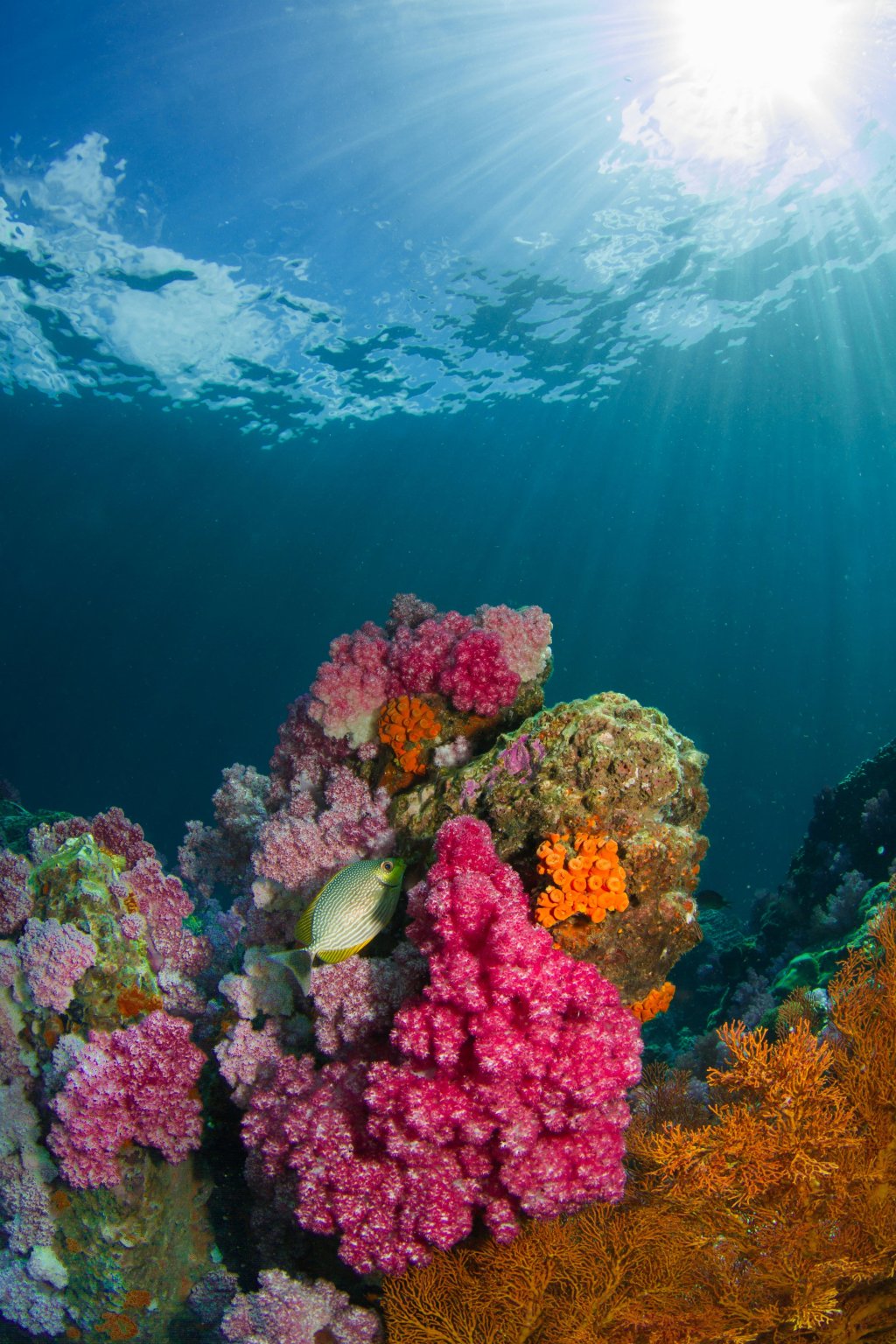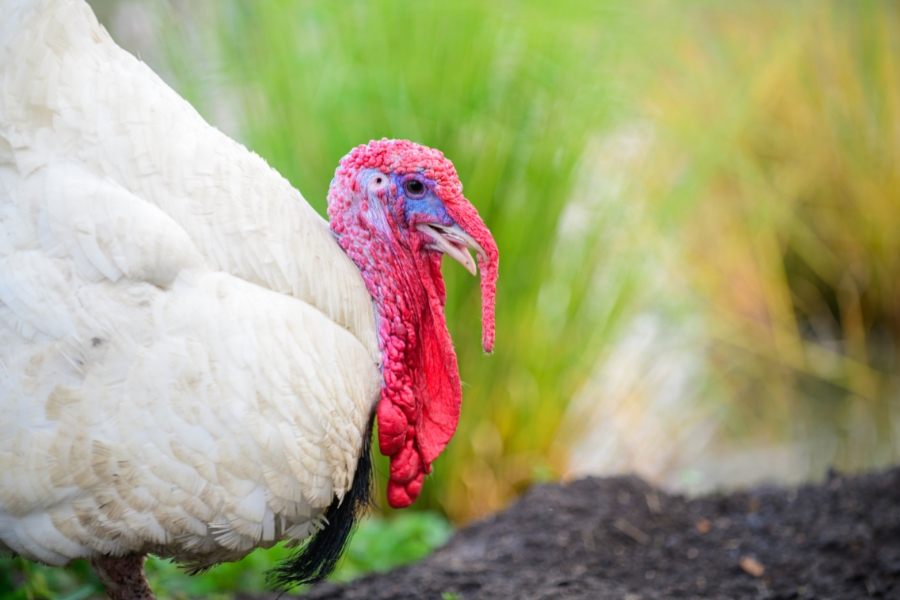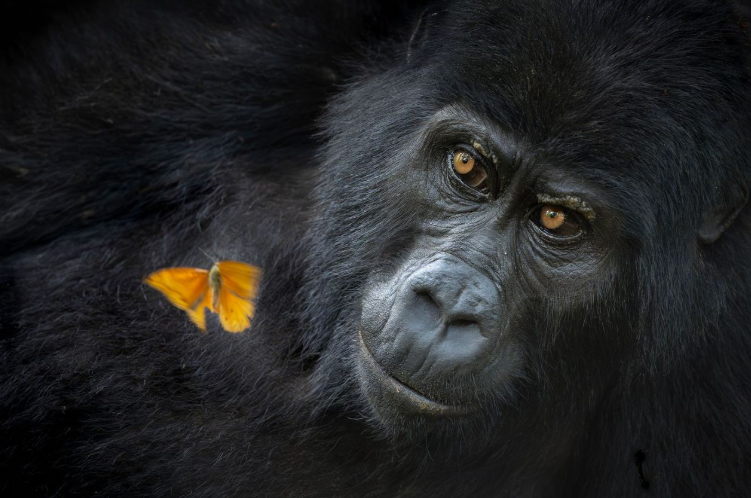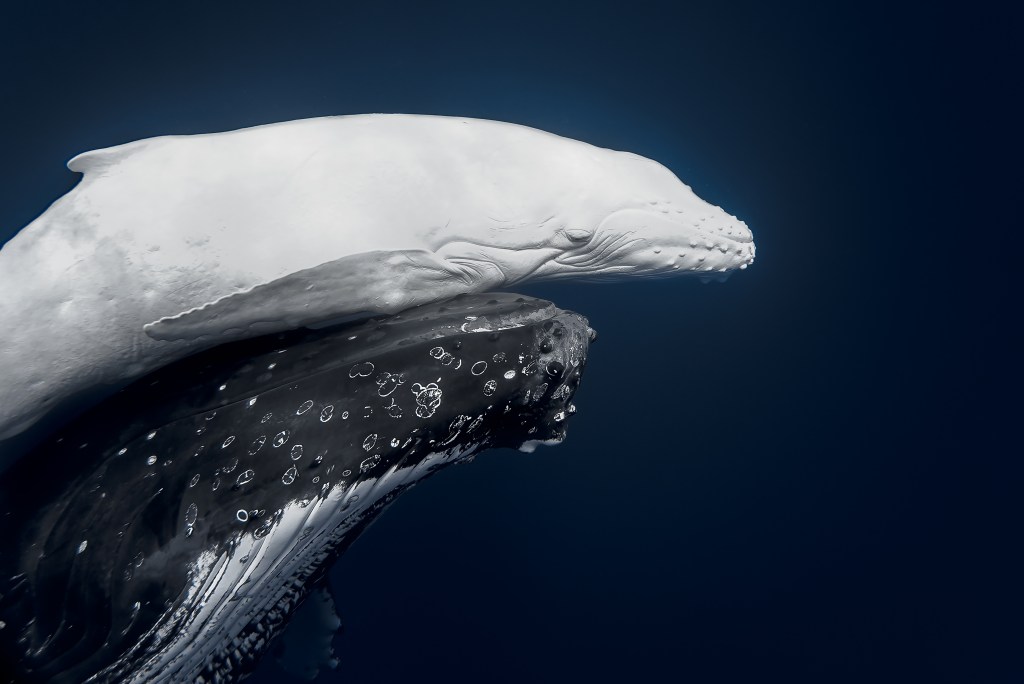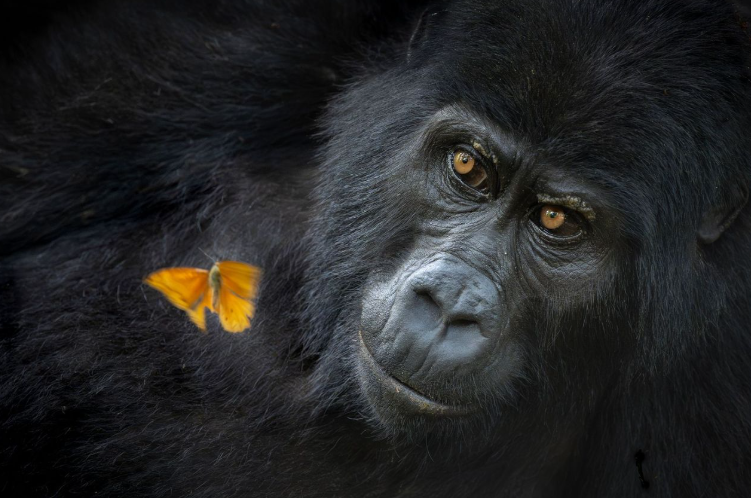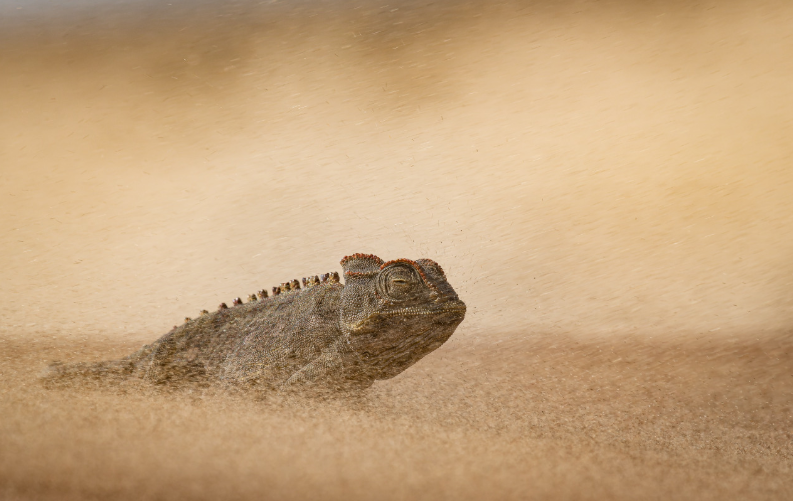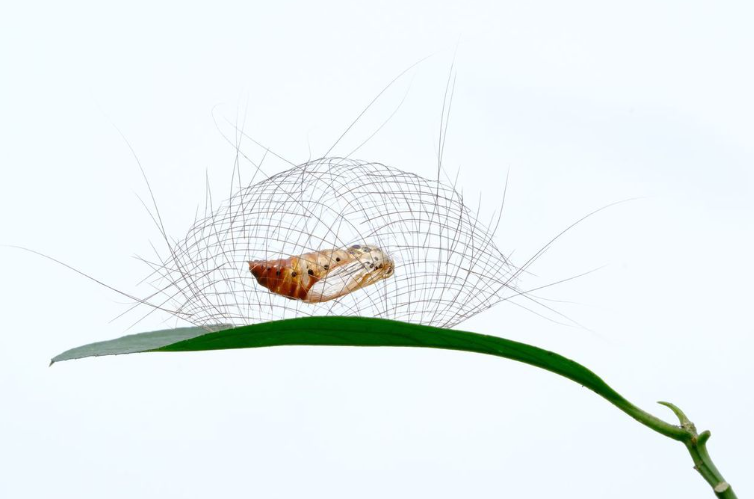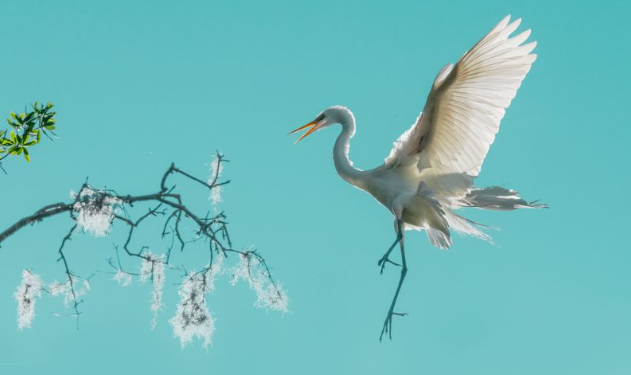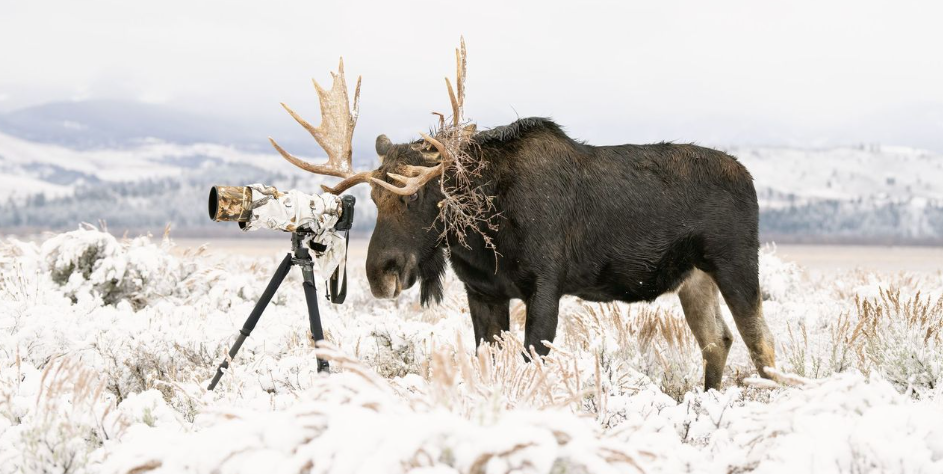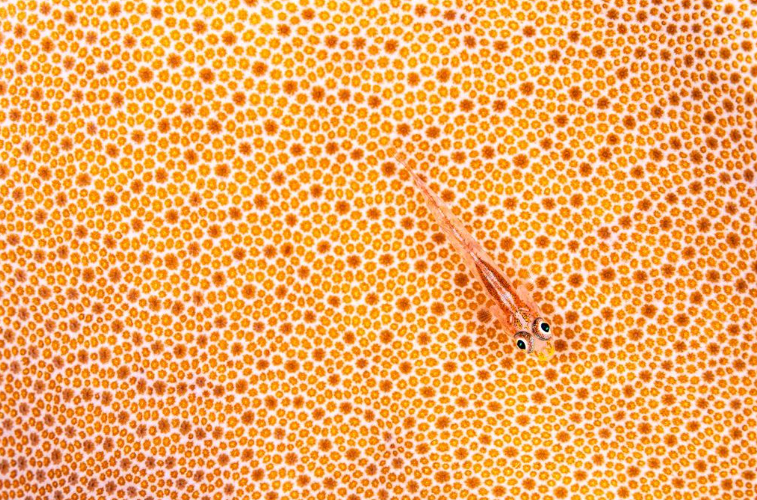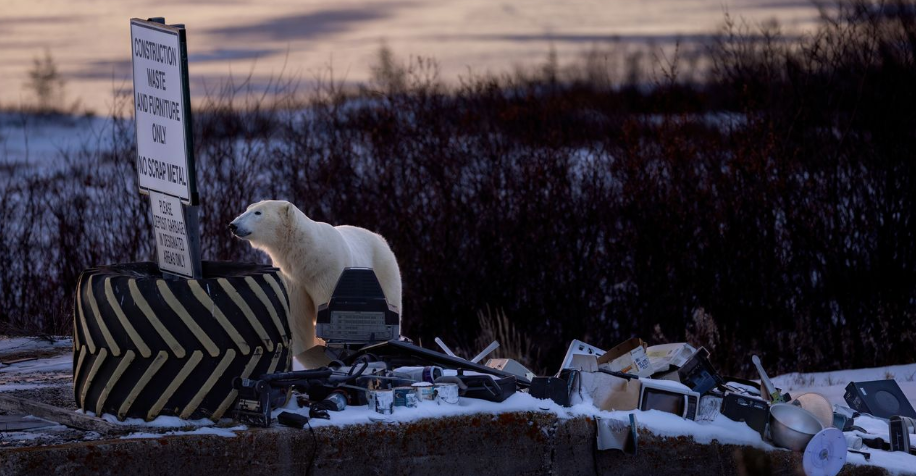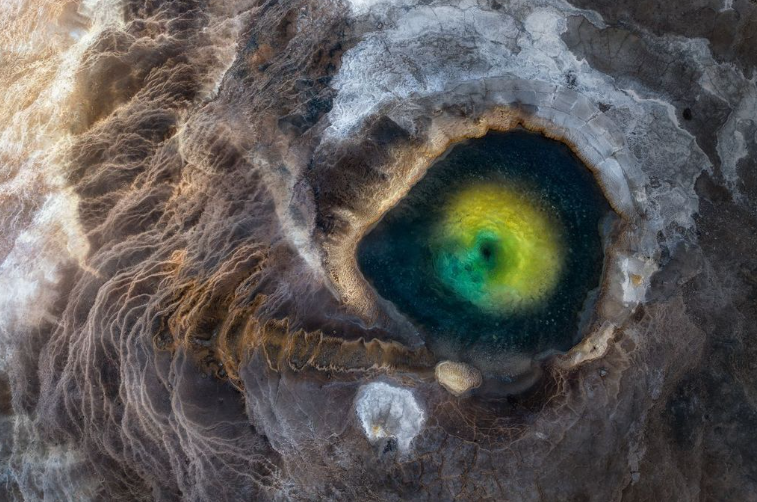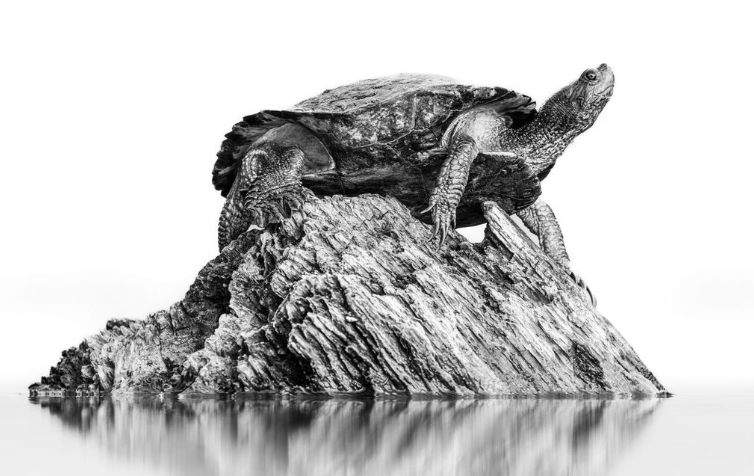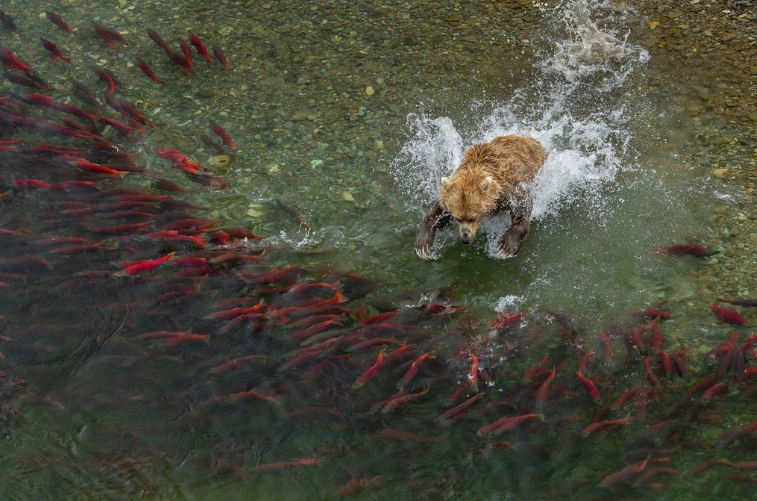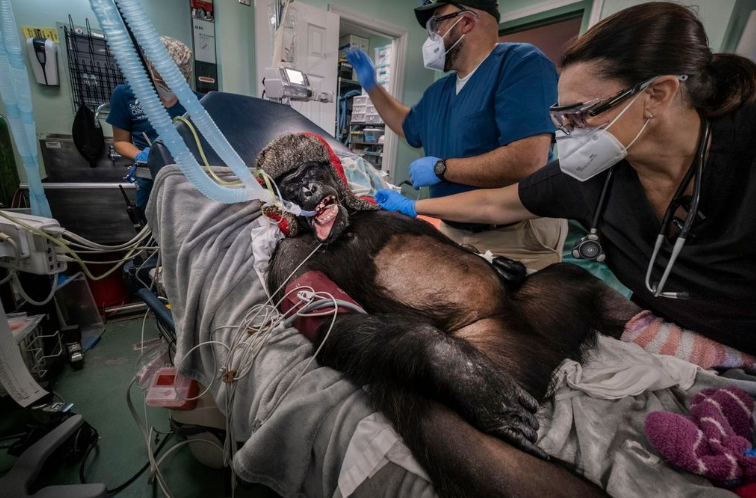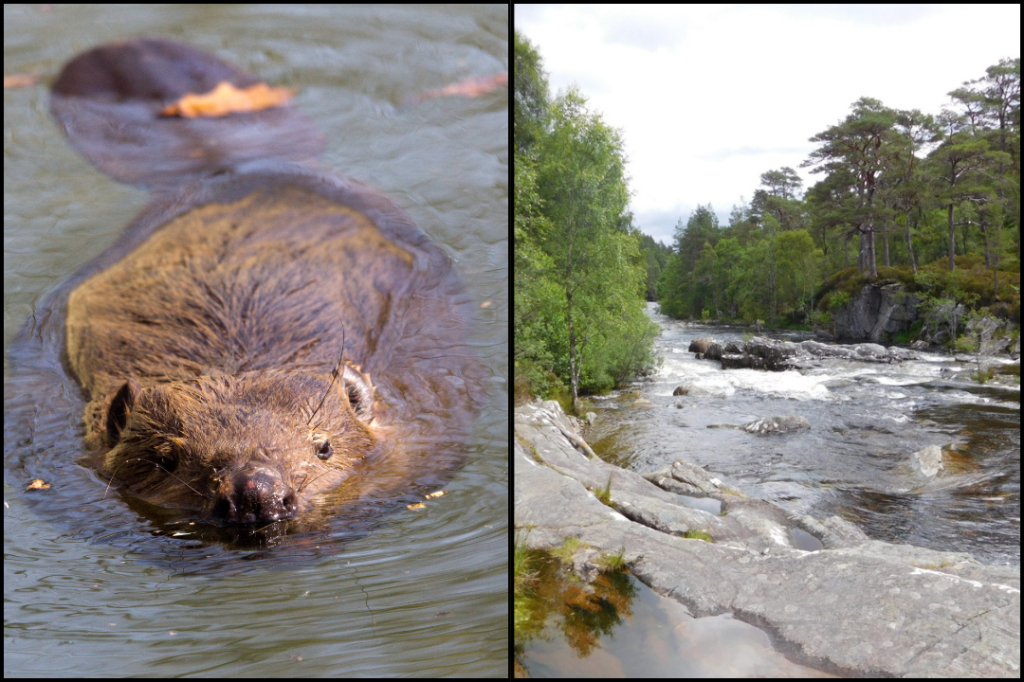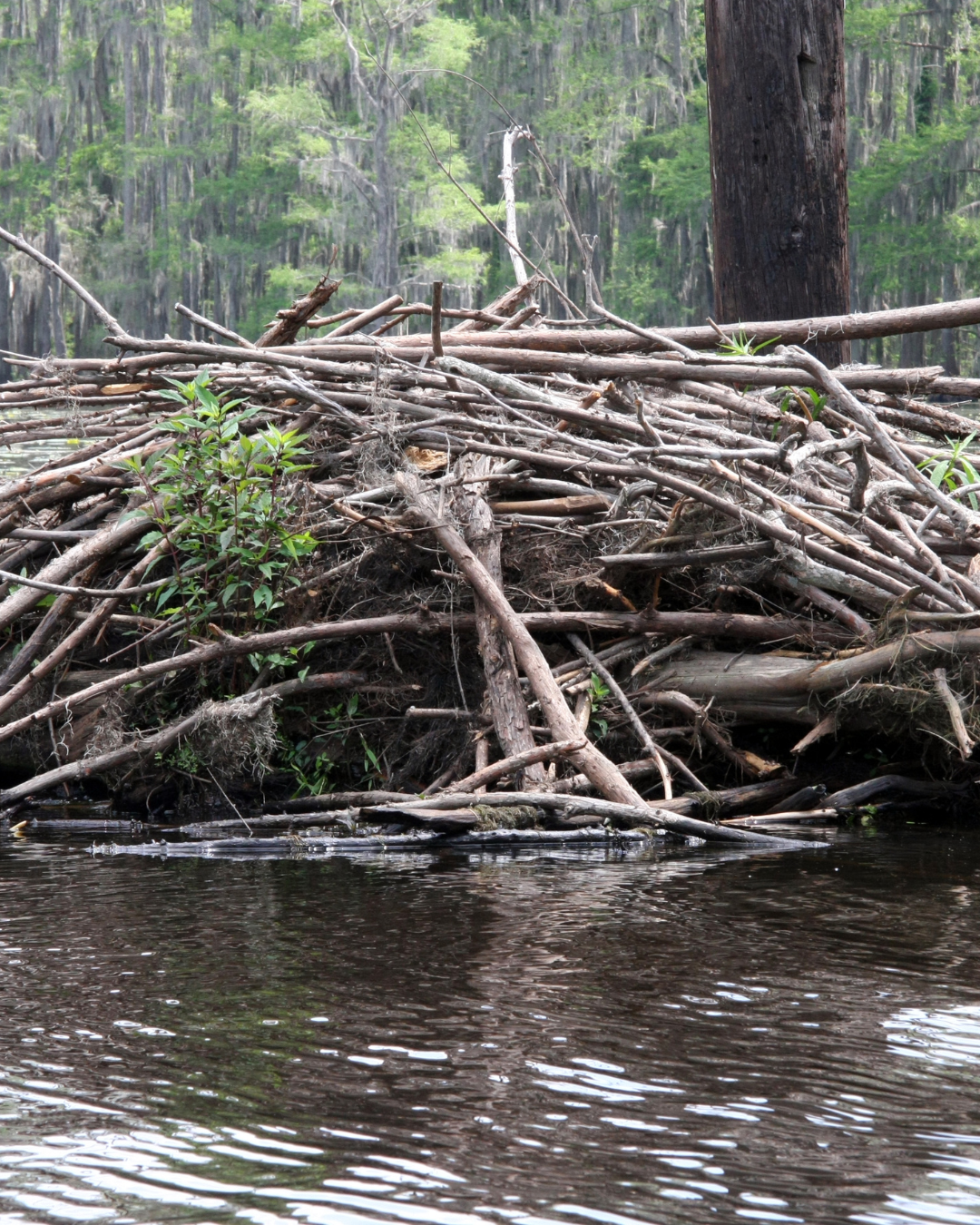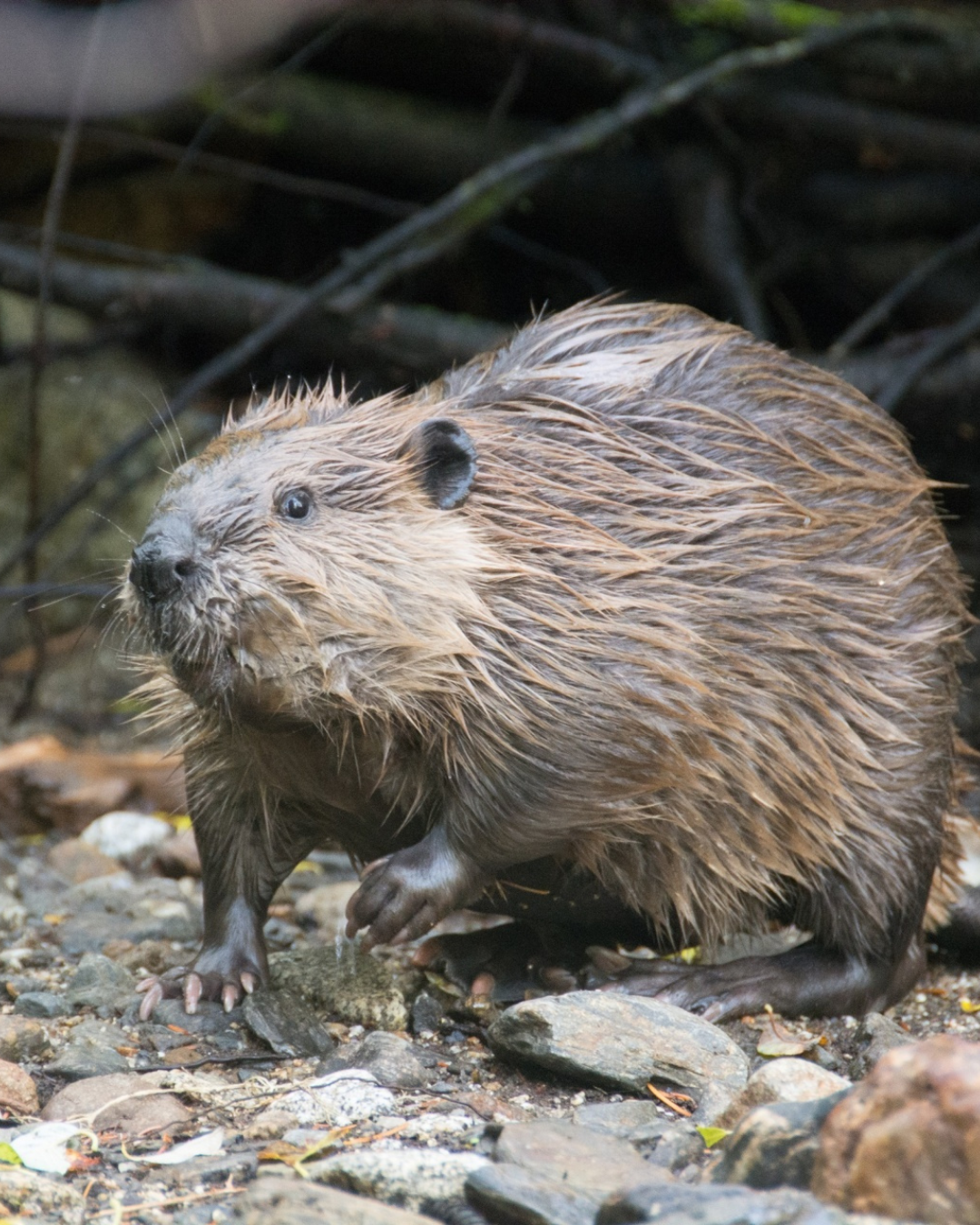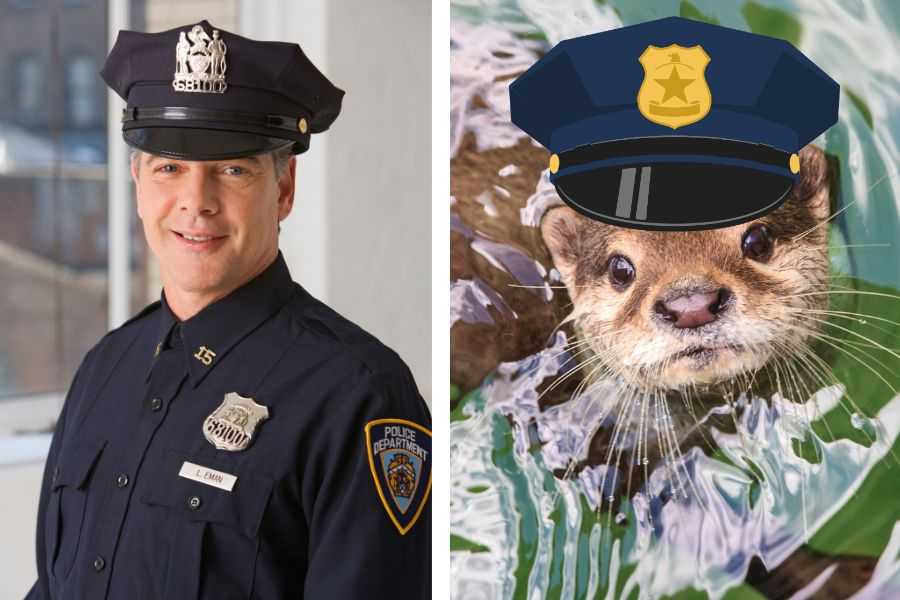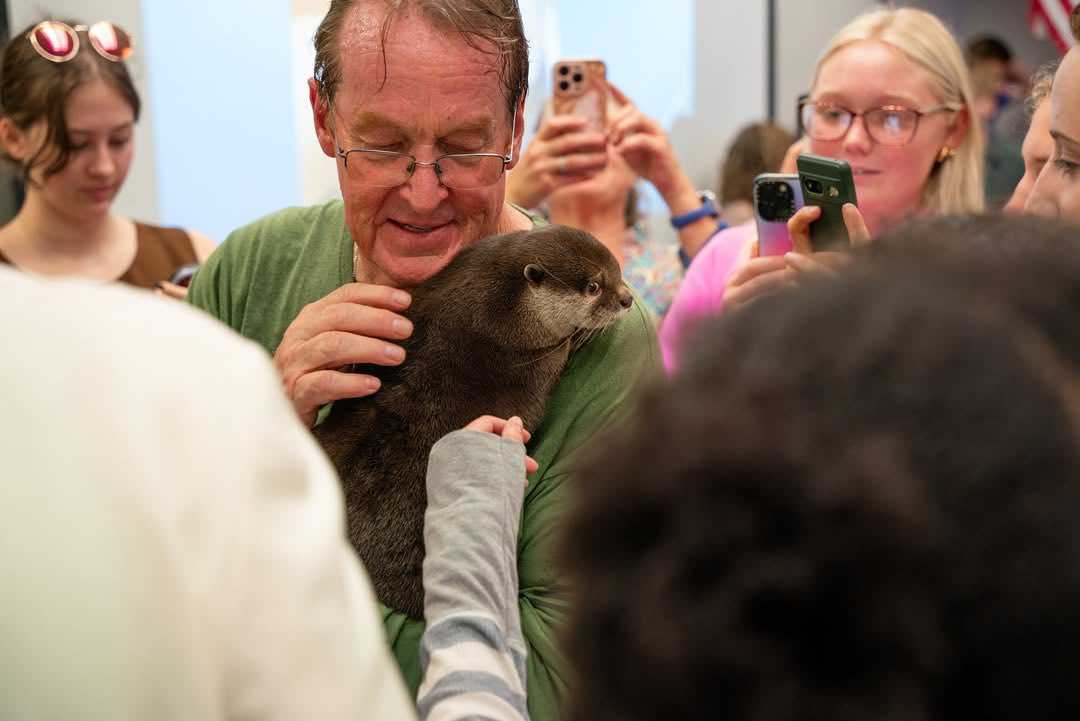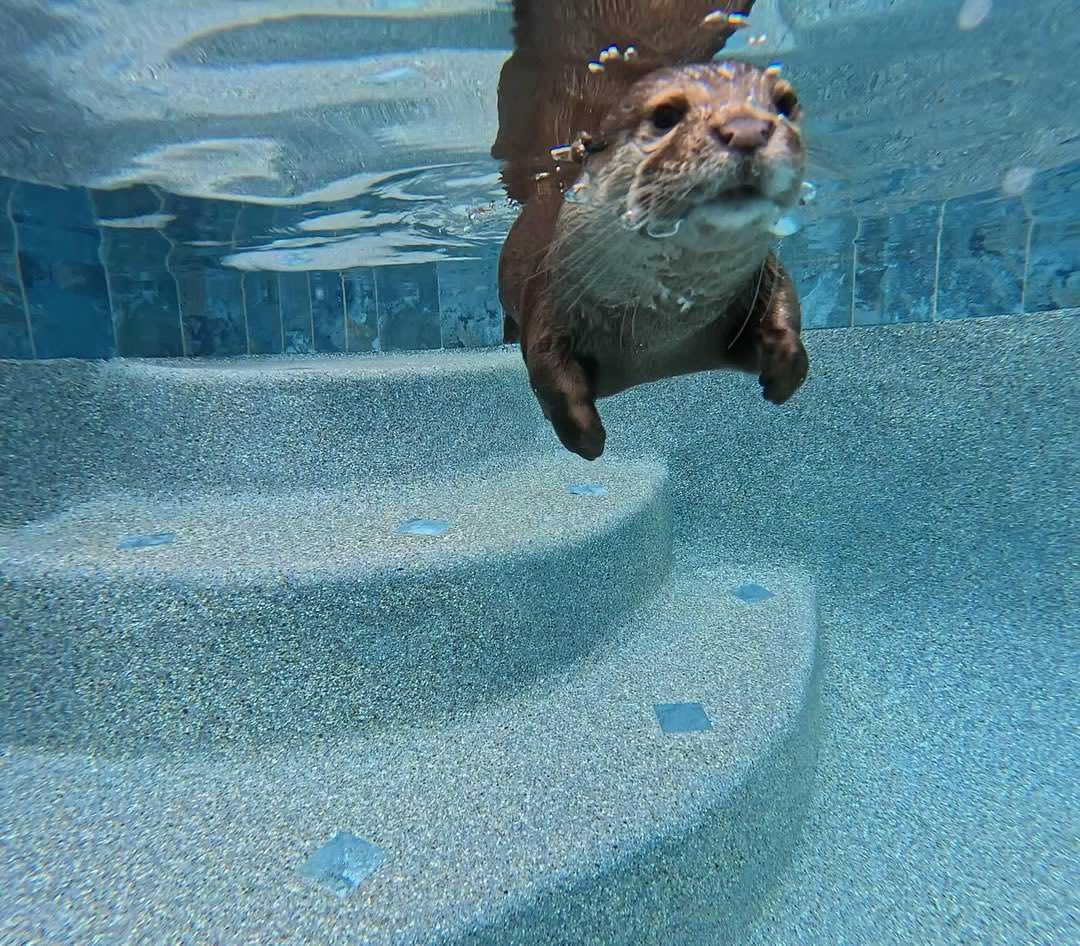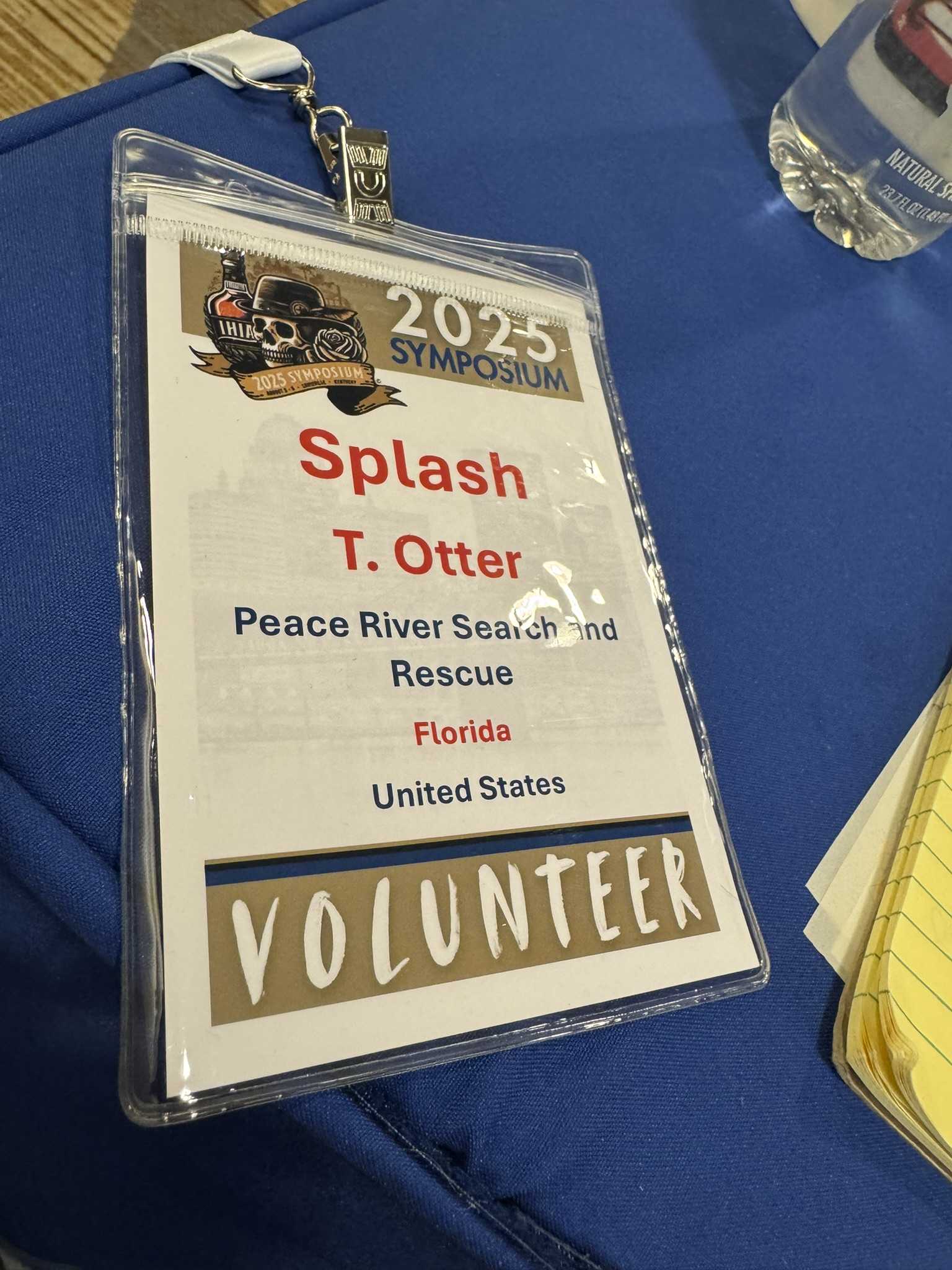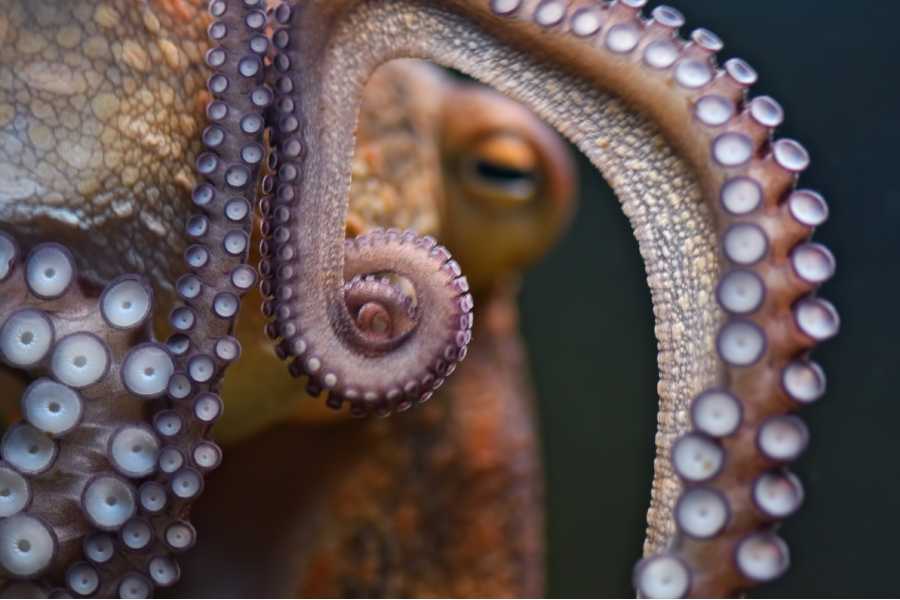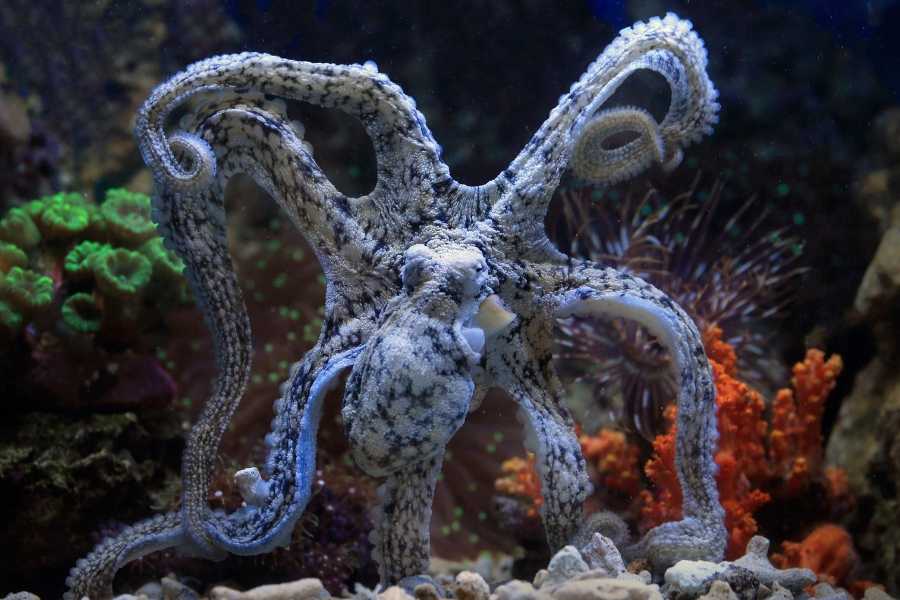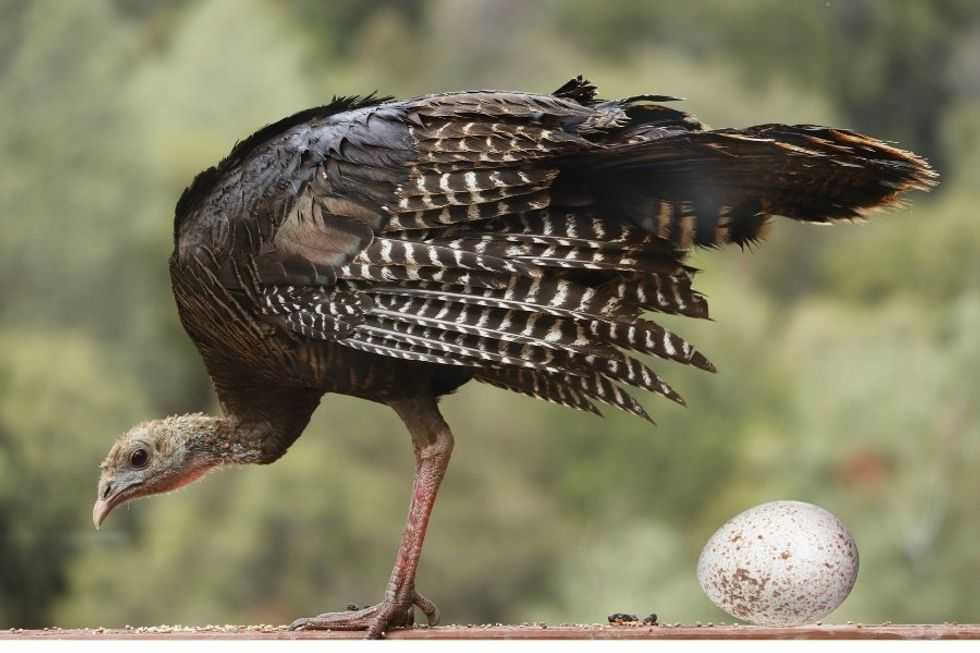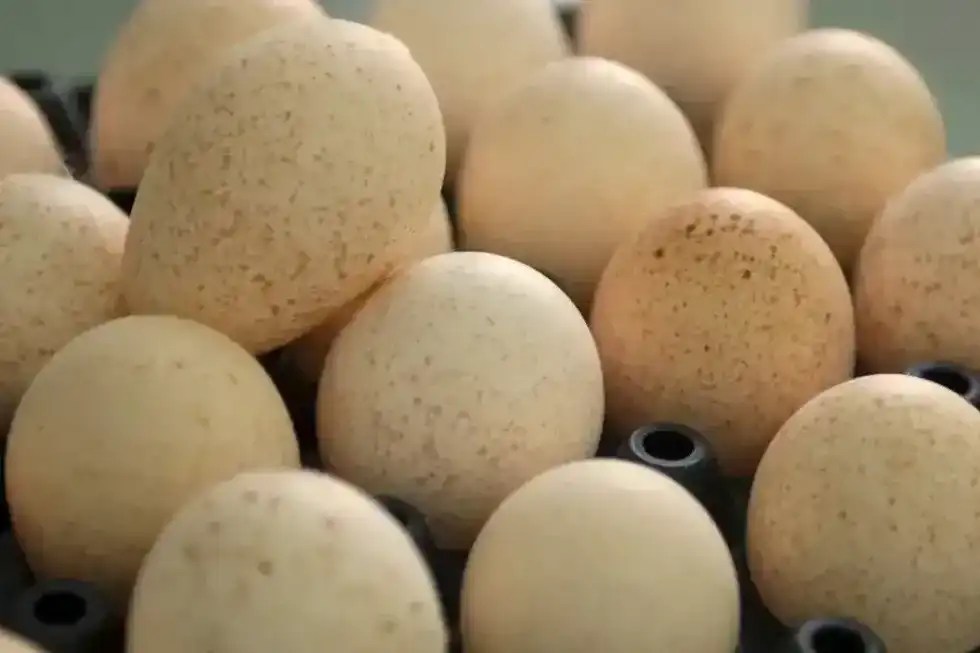The ocean covers more than 70 percent of our planet—yet there’s so much about it that we don’t yet know. Experts, in fact, believe we’ve only explored about five percent of the ocean so far—meaning that most of it remains completely unseen and undiscovered.
What we do know, however, is that the ocean is truly wise. Not only does it sustain all human and animal life on the planet, the creatures under the sea continue to give scientists insight that can transform human lives as well (just read about the amazing axolotl below to see what we mean).
A happy ocean makes for happy, healthy human beings (not to mention a healthy planet)—so this summer we’re helping our friends at Ocean Wise spread the word that no action is too small—holding a cleanup on a local shoreline, for instance. Learning about our ocean and all its wonders is another step anyone can take for conservation, so buckle in and prepare for a tidal wave of info that will blow your mind.
1. Playing music—specifically, recordings of healthy reef soundscapes—can help grow coral reef populations.
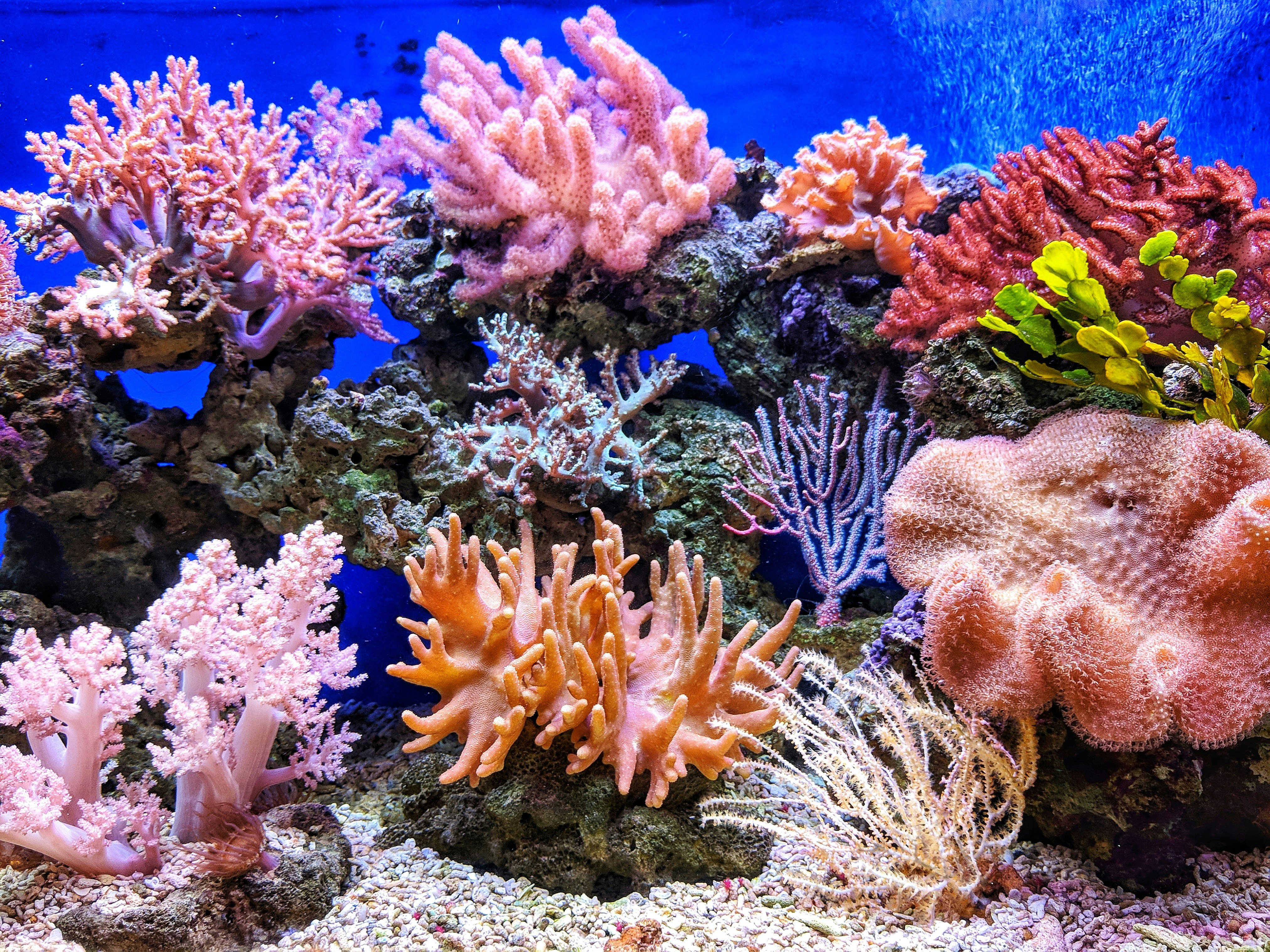
Healthy coral reef populations are filled with diverse sounds, thanks to the fish, snapping shrimp, and other marine life that live there. Scientists have found that playing recorded sounds of healthy reefs actually attract coral larvae, since the sounds indicate a healthy, vibrant habitat. Using this knowledge, scientists have taken recorded reef sounds, played them near degraded reefs, and in doing so, have increased the settlement rates of coral larvae, helping the coral reefs regenerate.
2. Dolphins like to party with pufferfish.
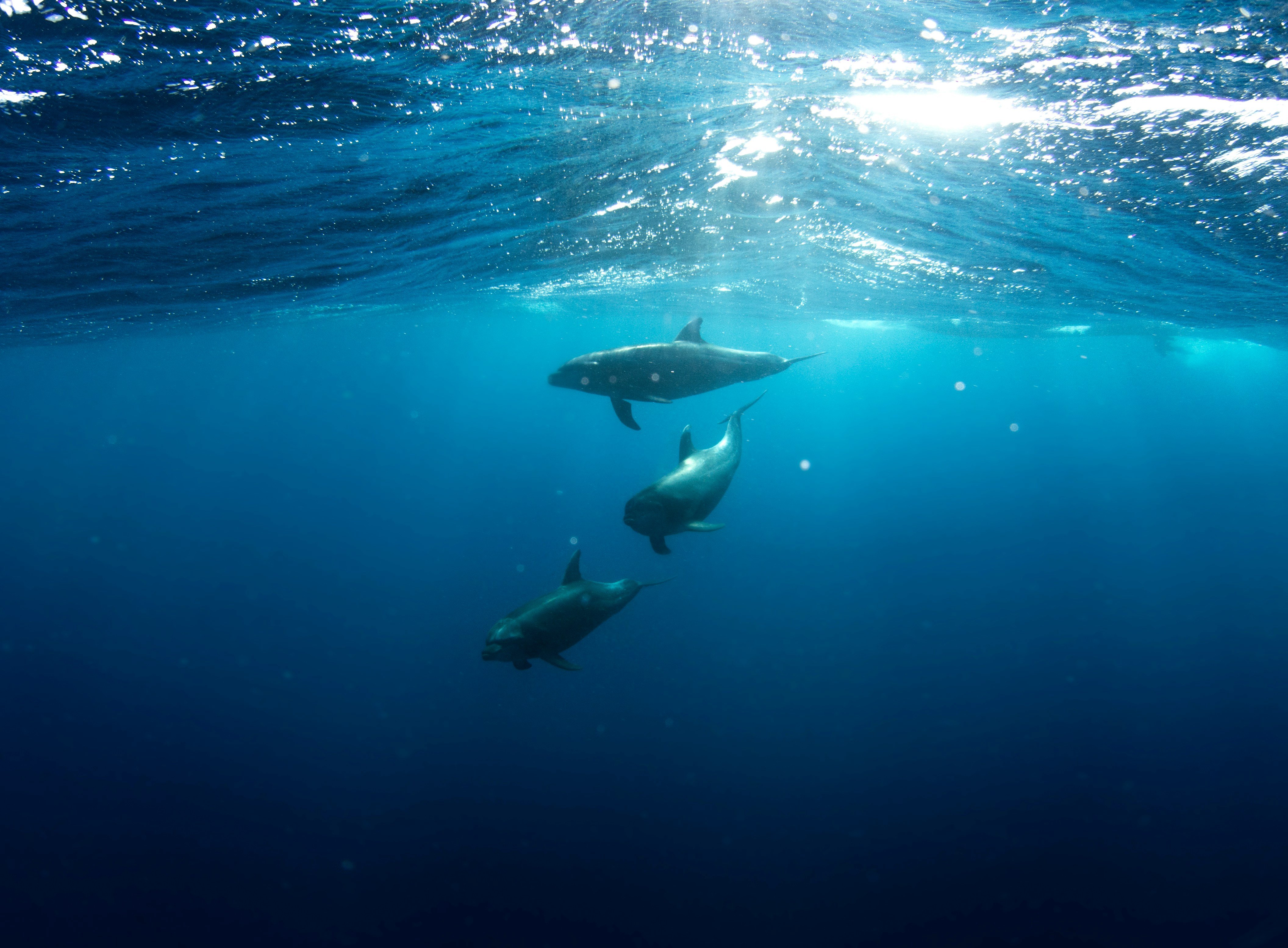
How’s this for a good time? Dolphins, particularly younger ones, have been known to seek out pufferfish to play games with them, chewing on them and passing them back and forth between each other like a hacky sack. Not only is this entertainment for the dolphins, scientists theorize that they may intentionally be trying to get the pufferfish to give off a neurotoxin called tetrodotoxin (TTX)–which is a chemical they release when threatened. This chemical is highly toxic in large doses–but in small quantities, experts think that it might induce a mild, pleasurable effect in the dolphins, similar to a narcotic. Party on.
3. Male humpback whales are total crooners.
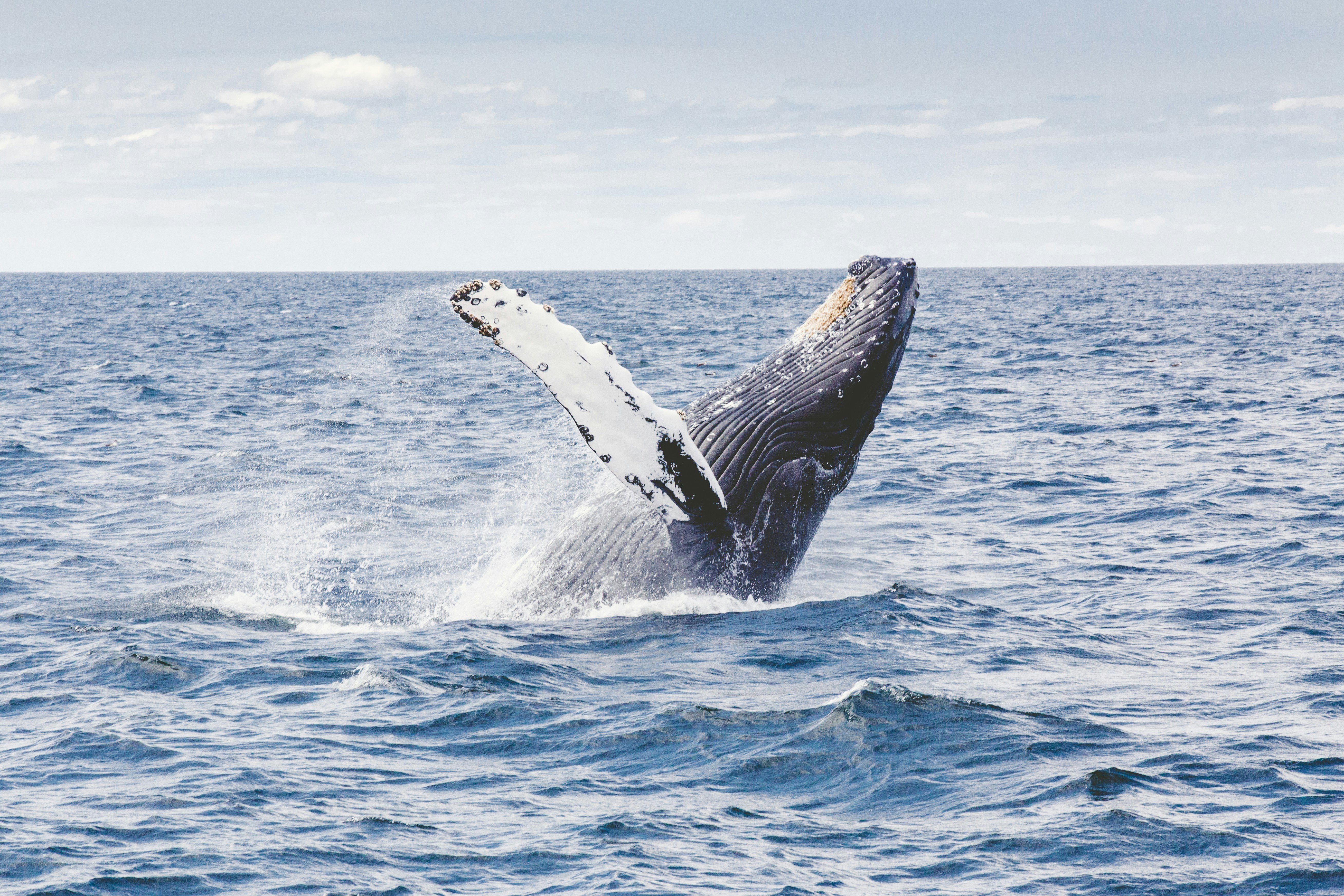
All humpback whales can vocalize, but male humpback whales actually sing.
During mating season, scientists have observed male humpback whales making sounds that are distinctly different from other humpback calls. Unlike other sounds, these songs have a clear structure, and use small, repetitive “phrases” organized in a specific sequence—in the same way humans sing different verses during a song. Even more amazing? Male humpbacks all sing the same song together in “choruses,” in sessions that last from five minutes to several hours.
4. Axolotls have superpowers (and scientists think it could benefit humans one day).
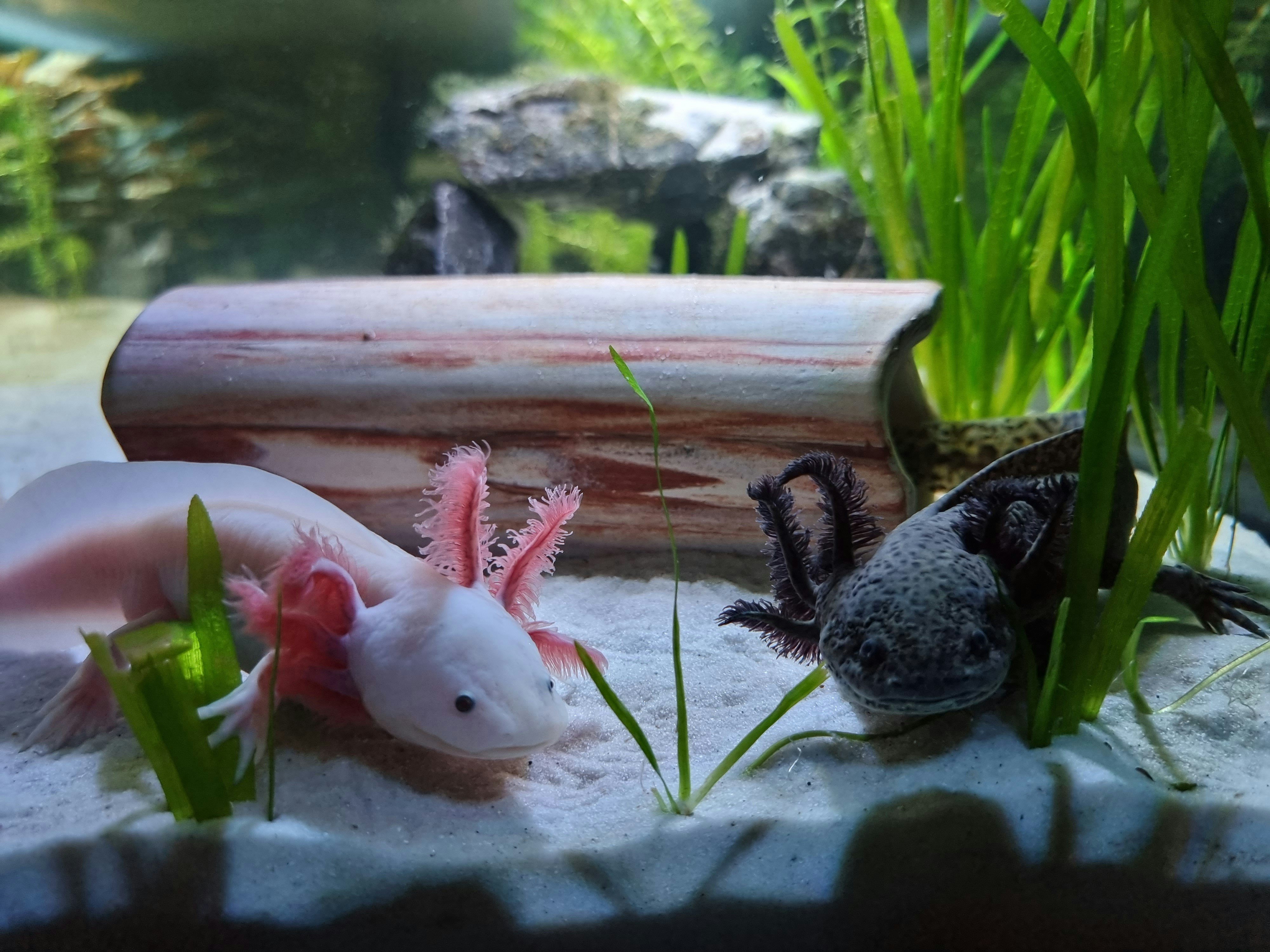
Among biologists, axolotls are known for their ability to regrow lost or damaged tissue. When an adult axolotl loses a limb, they can actually grow it back in just a few months time, thanks to a substance they produce called retinoic acid, which plays a large role in regenerating skin cells. (If the name sounds familiar, it’s because retinoic acid is a derivative of Vitamin A, and it’s commonly found in skin creams.) While we already know that retinoic can make our skin look fabulous, scientists are currently studying whether it could someday help human limbs regrow, similar to the axolotl’s.
5. A healthy ocean can help reverse climate change
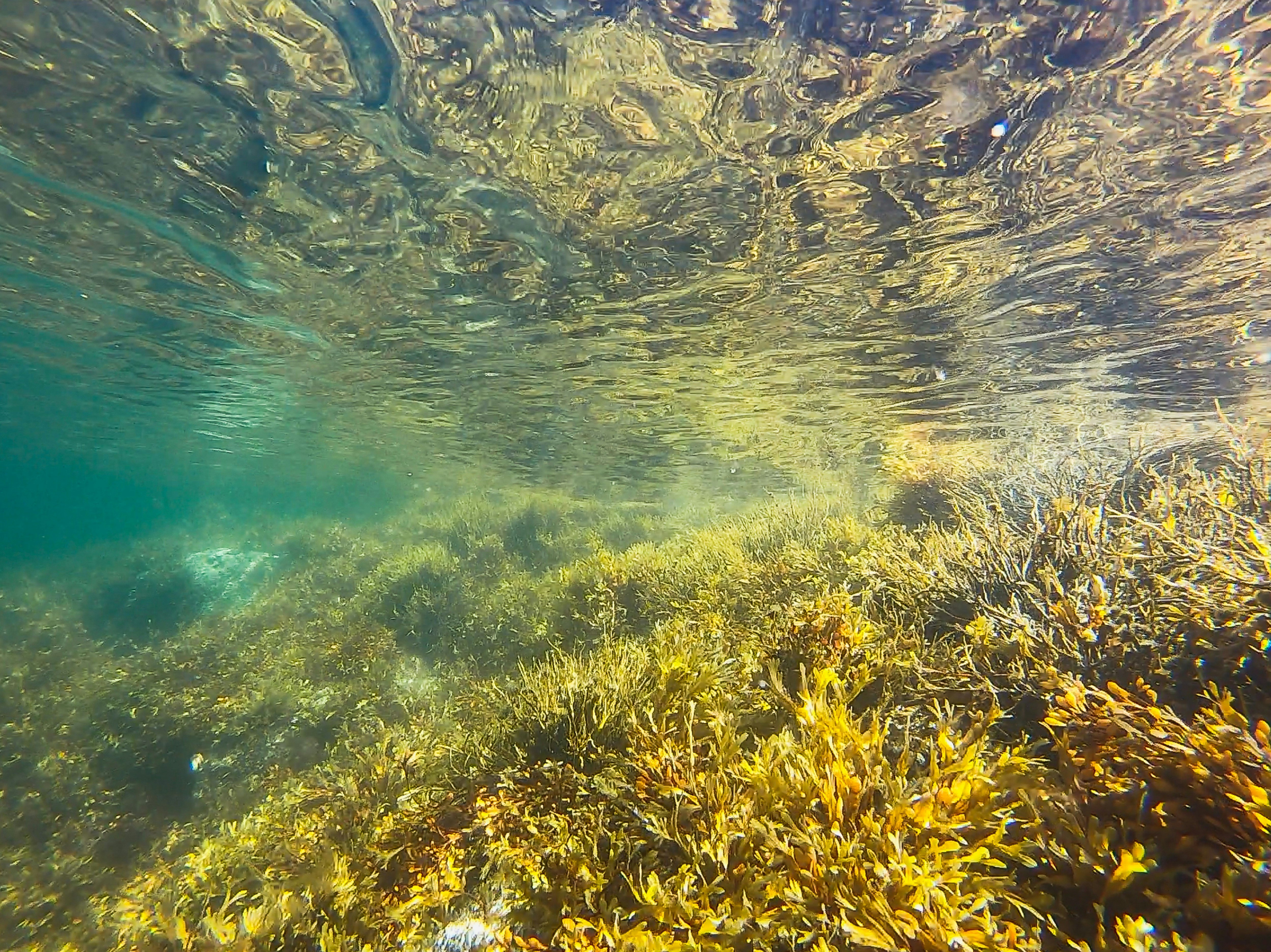
The ocean generates half of the oxygen we breathe and absorbs nearly a third of the world’s carbon emissions. Phytoplankton, the microscopic algae that float near the ocean’s surface, are a big part of the reason why. But there’s another unsung hero—kelp. Unlike phytoplankton, kelp are large seaweeds that grow in dense underwater forests along coastlines, absorbing CO2 and supporting ecosystems. Ocean Wise is helping bring back these powerful carbon sinks one kelp forest at a time.
Help us #BeOceanWise by doing one small thing for ocean conservation in your community (because just one thing can start a huge wave of positive change). Visit ocean.org for tips and tricks to keep our oceans healthy because no action is too small.
